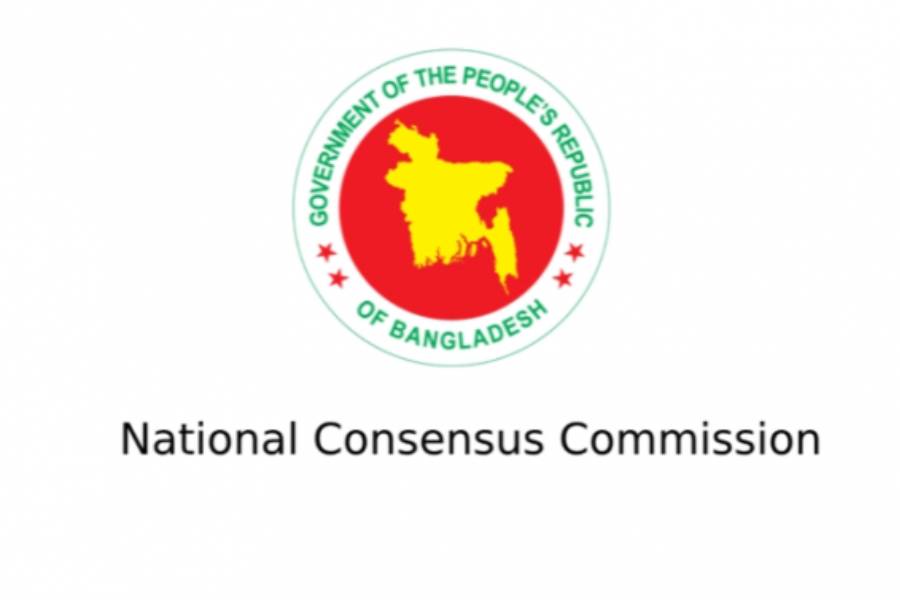Saif
Senior Member
- Joined
- Jan 24, 2024
- Messages
- 16,326
- Likes
- 8,086
- Nation

- Axis Group


Consensus reached on 19 key reform issues: Ali Riaz
The second round of talks between political parties and the National Consensus Commission on formulating a national charter has concluded, said Vice-Chairman Professor Dr Ali Riaz. He confirmed consensus was achieved on 19 major reform issues. Speaking to reporters on Thursday (31 July), Riaz note
Consensus reached on 19 key reform issues: Ali Riaz
FE ONLINE DESK
Published :
Jul 31, 2025 23:57
Updated :
Jul 31, 2025 23:57

The second round of talks between political parties and the National Consensus Commission on formulating a national charter has concluded, said Vice-Chairman Professor Dr Ali Riaz. He confirmed consensus was achieved on 19 major reform issues.
Speaking to reporters on Thursday (31 July), Riaz noted that over 23 days, the Commission engaged with more than 30 parties. Of the 166 reform proposals initially tabled, 19 core topics were prioritised, according to local media reports.
These included Article 70, parliamentary committee leadership, constituency boundaries, presidential clemency, judicial decentralisation, emergency powers, constitutional amendments, and electoral systems. While most parties agreed, some, including BNP and left-leaning groups, submitted notes of dissent on specific matters such as women's representation, the formation of an upper house, and the President’s authority.
Riaz emphasised that the talks concluded in a cordial environment and a complete draft of the national charter would soon be shared with political parties for review and implementation guidance.
FE ONLINE DESK
Published :
Jul 31, 2025 23:57
Updated :
Jul 31, 2025 23:57
The second round of talks between political parties and the National Consensus Commission on formulating a national charter has concluded, said Vice-Chairman Professor Dr Ali Riaz. He confirmed consensus was achieved on 19 major reform issues.
Speaking to reporters on Thursday (31 July), Riaz noted that over 23 days, the Commission engaged with more than 30 parties. Of the 166 reform proposals initially tabled, 19 core topics were prioritised, according to local media reports.
These included Article 70, parliamentary committee leadership, constituency boundaries, presidential clemency, judicial decentralisation, emergency powers, constitutional amendments, and electoral systems. While most parties agreed, some, including BNP and left-leaning groups, submitted notes of dissent on specific matters such as women's representation, the formation of an upper house, and the President’s authority.
Riaz emphasised that the talks concluded in a cordial environment and a complete draft of the national charter would soon be shared with political parties for review and implementation guidance.

































